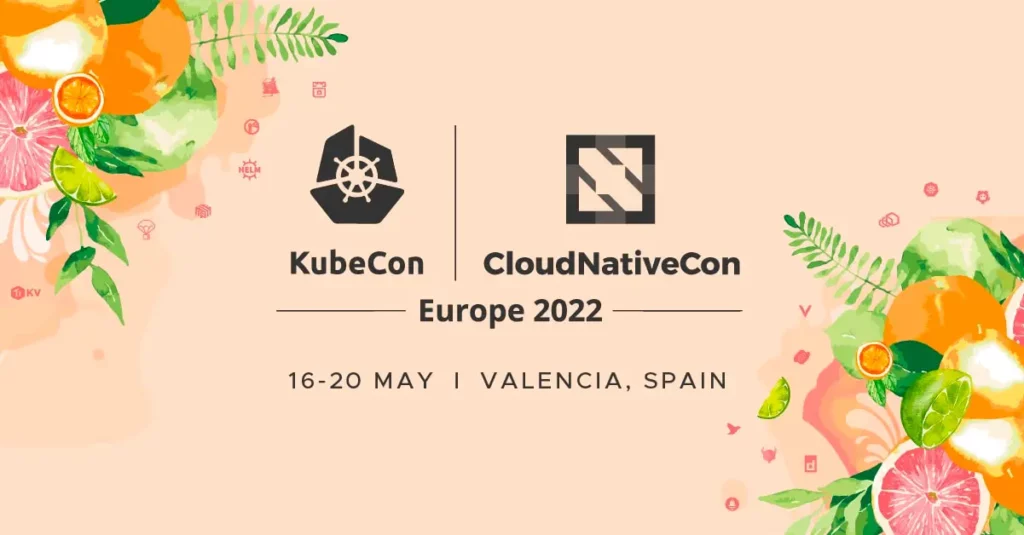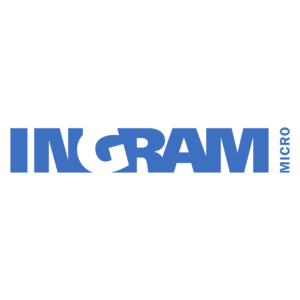KubeCon + CloudNativeCon Europe 2022

This year the biggest Kubernetes and cloud native experience was held in Valencia, Spain from 16 – 20 May 2022. Greater was there and in this blog, I would like to give you an impression of the event in general.
I couldn’t say it any better than Jason Bloomberg from SiliconANGLE:
If you’re interested in enterprise IT infrastructure, Kubernetes should be your technology of choice, and KubeCon is the place to be.
Since Greater is all about Kubernetes and everything that is cloud native, we of course couldn’t NOT go. These are the lucky few to attend, from right to left: Christian Di Tomasso, Mano Guit, Rigo Brinkman, Vivian Hu, Sven Faber and Henk Batelaan.

Lift off
All in the spirit of ‘Work hard, play hard’, we got ourselves a ridiculous fancy and beautiful villa in Alicante. Five days of lovely weather, sunny and 25+ degrees Celsius, delicious food and drinks and a beautiful swimming pool to cool off, we were ready to rumble!
First general impression
This was the first major tech event post-COVID and although Spain is free of any restrictions, wearing masks at the event was mandatory. Certainly not all people will agree with me and I don’t want to make this a political discussion, but having to wear a mask really was a bit of a bummer. Most people are psyched to getting back to normal and needing to wear a mask during these warm days in a country where all restrictions are off, is a let-down, especially since it was not mandatory in the first communications with the attendees.


Finally, the catering left much to be desired. The coffee, if there was any, was really the worst we ever had. This was not only us; this really was the general consensus; we heard a lot of people complaining. For instance, at the AWS booth, where people like us were in line for a nice cup of coffee.
On the first day we found ourselves too late to have any choosing in our lunchbox, so we had to take what was left. It was not the best. The second day we compensated by skipping the events’ lunch and having a great and not expensive 3 course lunch at a nearby restaurant.
The Linux Foundation and Cloud Native Compute Foundation (CNCF) strive for and succeed in making events like this inclusive to all walks of life, cultures, countries, and skin colors. It’s good to see and feel this. You could already notice this in the CNCF (online) communities for quite a while now, but it is good to see the foundations really stay on top of this and keep stressing the importance of inclusiveness for absolutely anybody.
I really loved the professionalism and kindness of people of the organization. I myself had a problem with getting my badge (my name could not be found in the system) but I was helped and guided very kindly and the issue was resolved with only a couple of minutes of delay. All questions we had during our stay always were answered very politely and patiently.
Tech

- Seven years of running Kubernetes for Mercedes-Benz by Peter Mueller, Jens Erhat and Sabine Wolz. These guys have seen it all and have been Kubernetes from day 1. How awesome is this. They also had a great session the next day explaining how they migrated 700 clusters without downtime. I was too late for this session but apparently the answer is Cluster API. No experience with this myself, so I hope to read up on it soon
- Finding your power to accelerate to a sustainable future by Kate Mulhall and Emma Collins from Intel. Worrying about the environment on a daily basis, I found this an unexpected gem on the first day. All the tech and corresponding power consumption leave their mark on the environment. We have to find smarter solutions to cope with this
- Landscape sustainability: the pillars of cloud native growth by Dave Zolotusky from Spotify and Katie Gamanji from Apple. Explaining how we move forward in this ever-growing CNCF landscape. Would you have asked me 2 or 3 years ago “What solution should I use for XYZ use case for my cloud native applications?”, I would first take a look at the CNCF landscape. But now there are over 1000 cards in there, so where to start? That was one of the topics of this talk. They actually already trimmed the amount down quite a bit recently, so we’re on the right path
- PlatformOps: it’s all about developer experience by Ben Hale from VMWare Tanzu. This was also an interesting one and something that seems a challenge in every organization I come across; i.e., how do you properly onboard your developers to your Kubernetes platform and really empower them to use it efficiently. A lot of stands and tooling were also developer centred I found
Although these showcases and keynotes were all very short (I would say about 10 minutes max), there was a lot of info in there and notes I took to have a proper look at later.
Then there were of course the technical sessions and workshops! I want to give you the cliff notes on a couple of the ones I visited and might do a couple of blogs on them in the future, to give you an idea and walkthrough even, how to set things up.
Charles Pretzer from Buoyant gave a 1.5-hour workshop on setting up multi-cluster failover using their flagship product linkerd. Linkerd is written in Rust and very known for its lightweight implementation. It was the first service mesh I setup in production and with which I was very happy.
A service mesh is all about:
- Observability
- Security
- Reliability

and indispensable in every Kubernetes cluster. Unfortunately, the workshop was in my opinion badly prepared and at least during the first hour very basic. For people not familiar with linkerd it was probably good though, because all basic stuff like the control plane and the data plane, the core product and extensions and the sidecar proxies were handled. So, for that kudos and I understand it is hard to address and please such a diverse crowd.
Anyway, although we were short on time and had to hurry in the end, we workshopped our way to the multi-cluster failover using the Multi-cluster extension and the Failover extension. It had some kinks, but in the end (and after the actual workshop) I managed to set it up. The links to the extensions pretty much sum up the steps, so you can have a go at it yourself.

kubectl exec function to attach to a running pod, but this brings a lot of dependencies with it (for instance, bash or sh needing to be present in the container). Instead, you can use ephemeral containers, using kubectl debug
kubectl run ephemeral-demo --image=nginx --restart=Never
kubectl debug -it ephemeral-demo --image=nicolaka/netshoot --target=ephemeral-demo
netshoot container is one of the best containers to troubleshoot with.
Except for groups, mount, pid and cgroups namespaces, ephemeral containers share all of their namespaces, meaning your troubleshoot container can see anything your application container can see. My friends at DigitalOcean had a cool workshop of yet another 1.5 hours on setting up a managed Kubernetes cluster on their platform with Terraform, respectively leveraging the power of Infrastructure as Code (IaC) and a Platform as a Service (PaaS).

It then introduced GitOps by using Flux and creating a universal, multi-cloud control plane with Crossplane. It was a very well-prepared workshop by Kim Schlesinger and you can check out her repository here. The repo contains anything you’ll need to setup this yourself.
I’ve never done true GitOps (i.e., git as the single source of truth to deliver infrastructure as code) in production but I surely see the benefits and would be happy to set something up on a larger scale very soon.
It’s hard to contain this entire workshop in a blogpost snippet so I’ll do a separate blogpost on something like this in the near future.
Funny that not a lot people know that SWAG in this context is actually an acronym, meaning ‘Stuff We All Get’. And we’ve got a lot! An event like KubeCon is of course to learning new stuff and experiencing as many technical events as you can handle, but it is also all about networking, chatting, mingling and getting goodies.
Chatting with all these people was for me one of the nicest things of KubeCon. Because of the entrance price tag most of the people are hardcore enthusiasts, and you really notice. Of course, people at stands want to sell you something, but still everything was really respectful and fun.

We were able to exchange some ideas, learn something and got some new technology on the radar to try out. I’m really looking forward attending next year, a bit closer to home in Amsterdam.
Do you want to join Greater and be included in awesome events like this? Contact Vivian Hu at [email protected] and/or +31614943974. She can tell you first-hand how great this experience was and what it is like to work at Greater. 🐝






